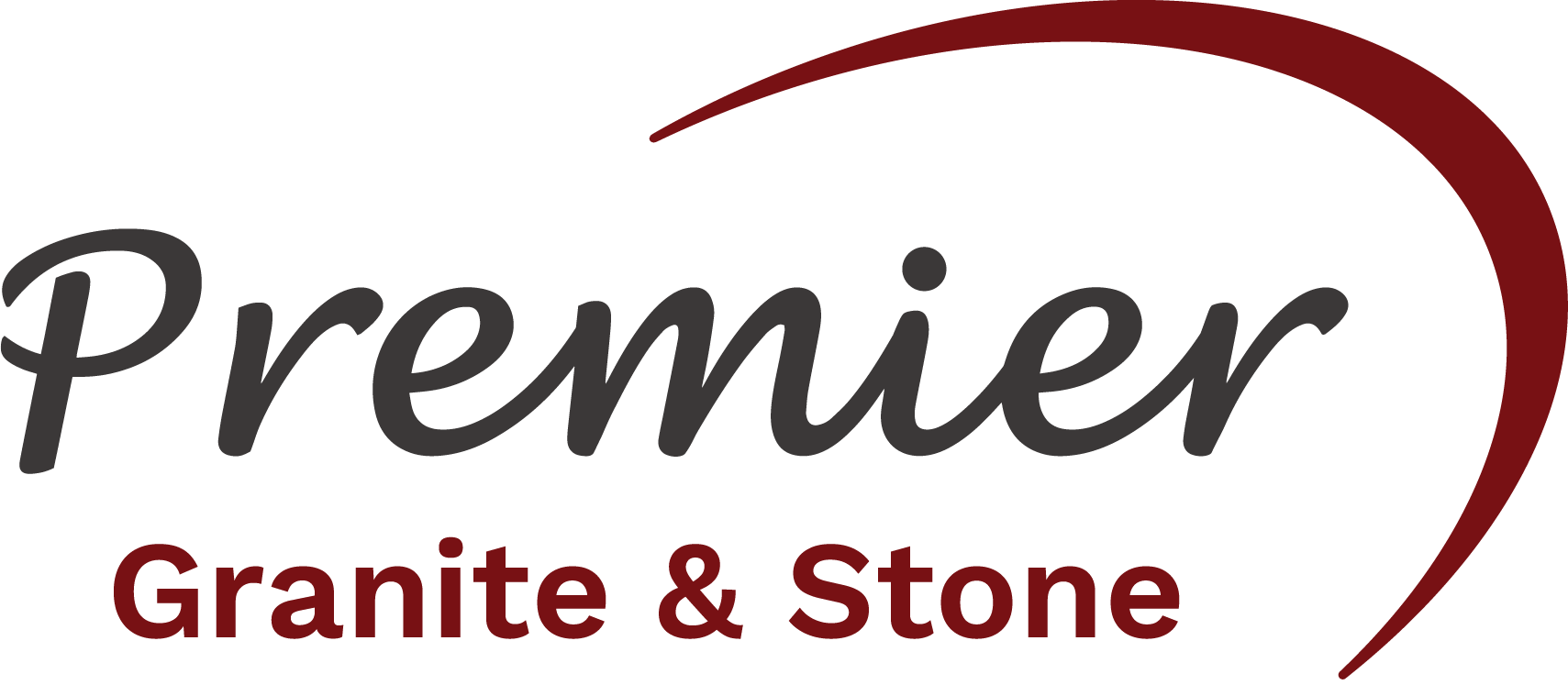How to Care for your Quartz Countertops
Quartz is easy to maintain. It is a non-porous material that is highly resistant to stain, scratches, and heat. However, it is not stain, scratch, or heat proof. Following the proper care and maintenance recommended by your professional quartz distributor or fabricator will keep your quartz surface beautiful for many years to come.
Routine Care and Maintenance
Simply clean with warm water, a damp cloth, and a small amount of soap or non-abrasive cleaner without bleach on a regular basis to keep the lustrous gloss and radiant sheen. Although quartz is resistant to stains, spills should be cleaned as soon as possible.
Preventing Damage
Heat
Quartz is designed to be resistant to heat and can withstand exposure to normal cooking environments for brief periods of time without being damaged. Although quartz withstands heat better than most surfacing materials on the market, all surfacing materials, including stone, can be damaged by extreme temperature changes. Trivets and hot pads should be used when placing hot skillets, pans, crockpots, air fryers or other heat-generating kitchenware on the surface. Do not place any of these items directly over a seam as this can “pop” your seam apart.
Scratches
The durable surface of quartz is designed to withstand normal use. While it is resistant to scratches, cuts, and chipping, it is not completely immune to these things. Cutlery will generally not harm quartz, but silica, sand, or other abrasive materials could scratch the resin. Using a cutting board and taking care not to drop or move heavy objects on the surface will help to ensure long-lasting beauty.
Chemicals
Avoid exposing quartz to any strong chemicals and solvents. Some of these chemicals can be found in household items. Avoid oil soaps, bluing agents, dyes, stains, paint-thinners/strippers, nail-polish removers*, acetone*, lacquer thinner*, or bleach, chlorinated solvents such as trichloroethylene or methylene chloride, benzene, toluene, methyl ethyl ketone (MEK), concentrated acids such as hydrocyanic acid, hydrofluoric acid, hydrochloric acid, sulfuric acid, or nitric acid, chemicals with high alkaline/pH levels (pH>10, such as oven cleaners and drain openers), or other products containing oils (including scented oils found in wallflowers and fragrance plug-ins), powders, or abrasives.
Recommended Cleaners
- ZERO Ultimate Surface Cleaner (PGS-endorsed)
- Simple Green
- Diluted Vinegar
- Formula 409 Glass Cleaner
- Lysol
- Greased Lightning
- Arm & Hammer Clean Shower
- Clorox Anywhere, Disinfecting Kitchen Cleaner, or Wipes (Bleach-Free)
- Windex
- Goo Gone or Goof Off
- Method Wipes or Countertop cleaner
- Cleaner or Multi-surfaces Wipes
- J.R. Watkins
- Mrs. Meyer’s
- Wine Away Red Wine Stain Remover
- Wine B’ Gone Wine Stain Remover
- Dish Soaps
- Glass Cleaners
- Non-Abrasive Multi-Surface Cleaners
- Disinfectant Wipes
- Denatured or Isopropyl (Rubbing) Alcohol
Avoid using powdered cleaners as they can dull the finish.
For Stubborn Spots/Deep Cleaning
- Denatured Alcohol (PGS recommended favorite)
- Bar Keepers Friend (PGS recommended favorite)
- Kenny’s Spot Remover (PGS recommended favorite)
- Lacquer Thinner*
- Acetone (Nail Polish Remover)*
- Razor blade to scrape off residue/sticky spots
*These products are listed under chemicals to avoid as prolonged exposure could cause damage, and are not recommended for everyday use. However, they are great for removing stubborn spots and residue
For additional recommendations or questions, refer to your specific manufacturer’s care and maintenance information.
